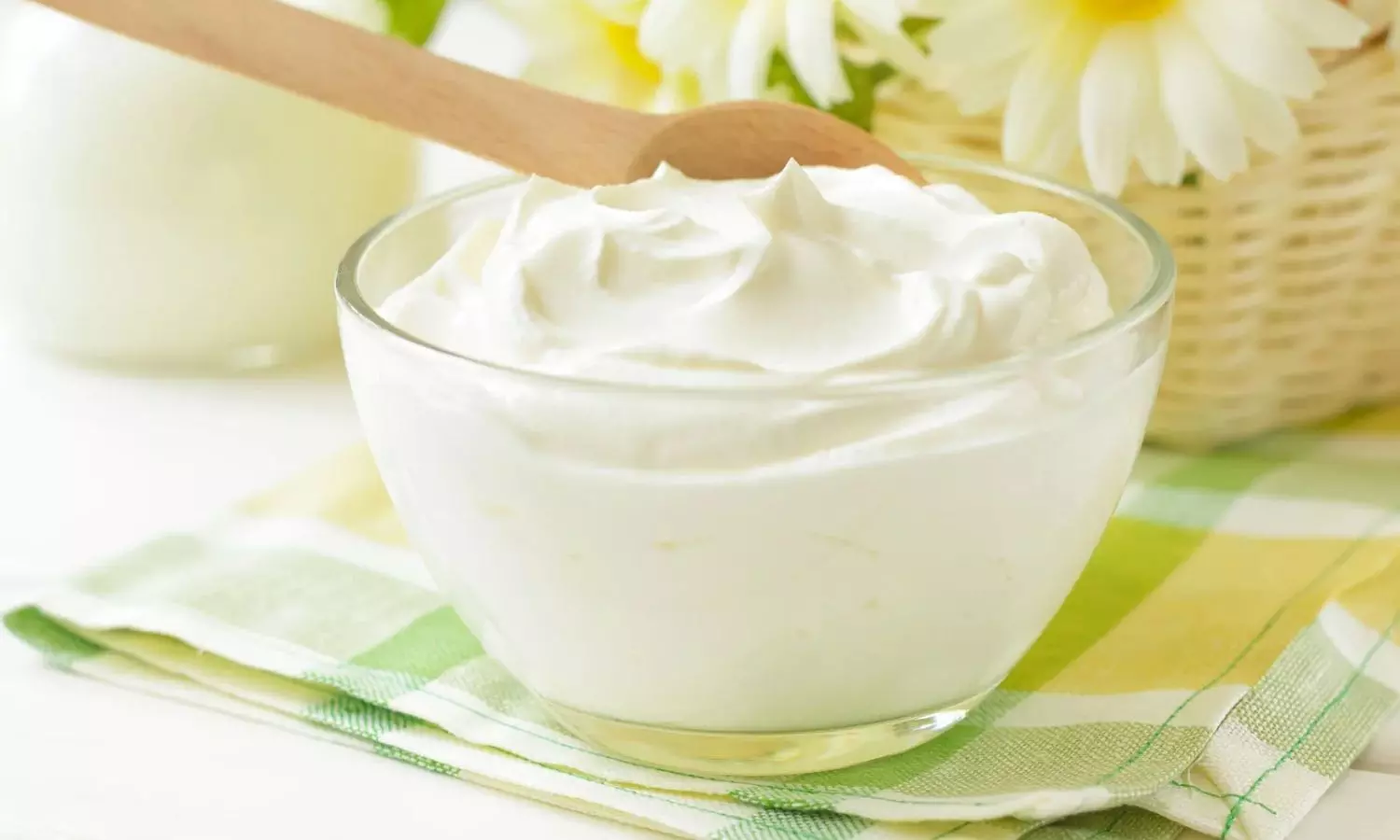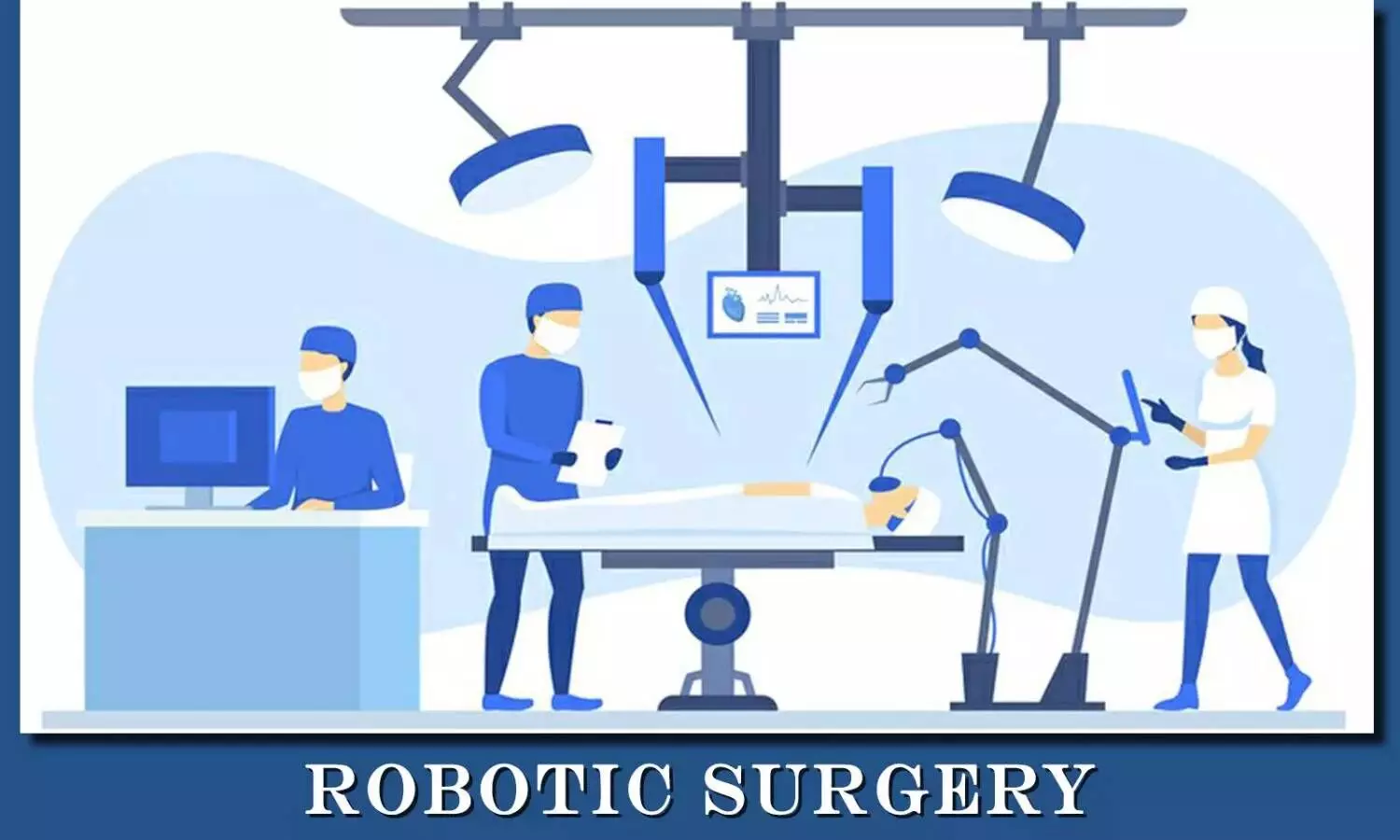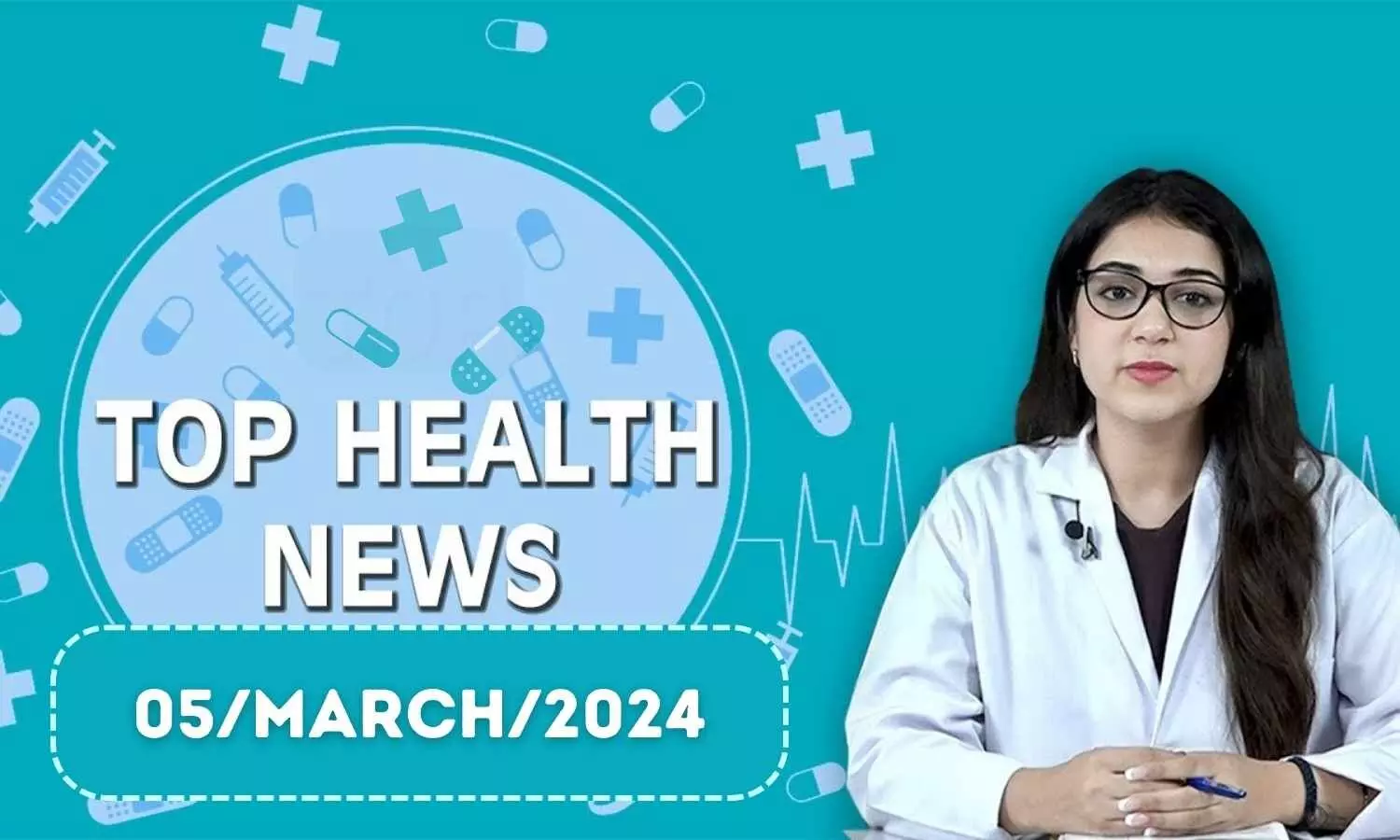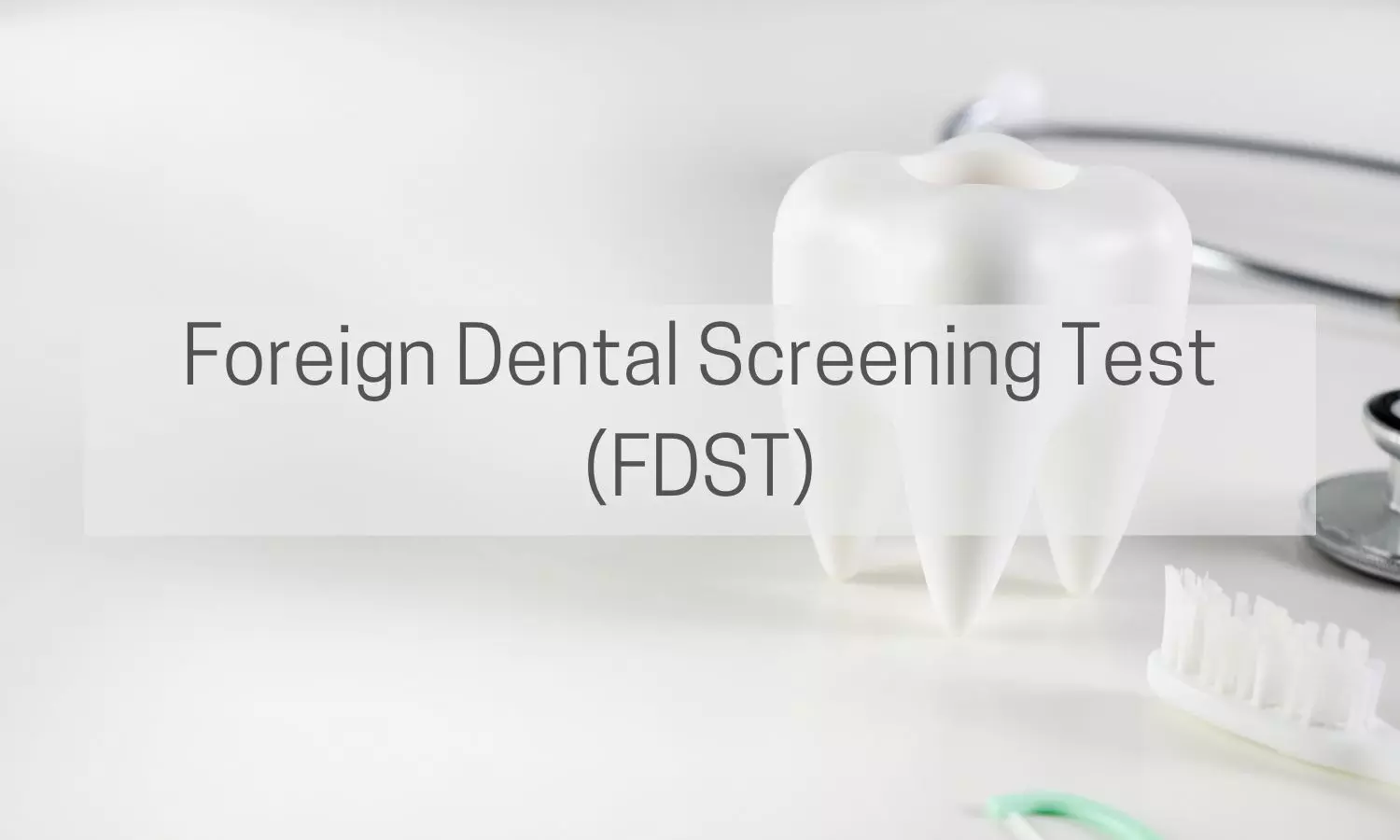Swapping meat for Quorn lowers bad cholesterol by 10-percent

Regularly substituting meat for mycoprotein such as Quorn could help to lower bad cholesterol by 10-percent, which is comparable to switching to a Mediterranean or vegan diet.
New research by the University of Exeter, published in Clinical Nutrition, also found substituting meat for Quorn reduces blood glucose and c-peptide concentrations associated with diabetes, cardiovascular disease and all-cause mortality.
With one in six UK adults suffering from raised cholesterol, the findings indicate that mycoprotein – the high protein, high-fibre food source that’s the main ingredient in Quorn – could play a key role in cholesterol management and improving heart health.
Dr George Pavis, of University of Exeter, led the study and said: “We’re really excited about these results and what they mean for public health. Previous laboratory studies, where all food eaten is controlled and alcohol and caffeine consumption regulated, have clearly shown that daily consumption of mycoprotein reduces bad cholesterol. But this is the first study of its kind to explore the impact of such a dietary intervention in a real-world, home-based setting where participants were not restricted in terms of what else they consumed or did.
“The findings demonstrate that introducing Quorn foods into a diet on a regular basis helps to significantly lower bad cholesterol, blood glucose and c-peptide concentrations, which is important for boosting heart health and reducing the risk of cardiovascular disease.
“It was particularly interesting to see the scale of the impact that Quorn consumption had in terms of reducing harmful cholesterol, with its performance over four weeks comparable to what we might expect to see from well-established approaches, such as following a Mediterranean diet.”
The remotely delivered study involved 72 overweight adults with high cholesterol levels. Researchers found that participants who ate 180g of Quorn products on a daily basis – equivalent to two servings of Quorn mince – saw a 10-percent reduction in ‘bad’ LDL cholesterol over the four-week study period. This equates to a 0.3 millimole per litre (mmol/l) decrease in bad cholesterol levels in less than one month.
Research has shown how more wholesale healthy dietary changes, such as switching to a Mediterranean or vegan diet, will typically deliver a 0.2 – O.3 mmol/l reduction in bad cholesterol levels after 12 weeks. Researchers at the University of Exeter also noted that typical doses of atorvastatin, the most popular statin prescribed by the NHS to treat high cholesterol, commonly yield a 0.3 – 1.3 mmol/l reduction after 12 months.
According to medical research, a decrease of 0.39 mmol/l in bad cholesterol levels is associated with a 25% lower lifetime risk of heart and circulatory disease. With pharmaceutical trials suggesting that reductions increase in a linear way over time, the researchers suggested further studies should be undertaken to see if the results improve even further when Quorn is eaten over a longer period.
The study – which saw half of the participants (39) given meat and fish products to eat on a daily basis as part of their regular diet, while the other half (33) were provided with Quorn products – also revealed further heart health benefits.
High blood sugar levels and c-peptide concentrations are commonly associated with diabetes and an increased risk of cardiovascular disease and all-cause mortality. The researchers found that study participants who ate Quorn products experienced, on average, a 13-percent drop in blood glucose levels and a 27-percent fall in c-peptide concentrations, compared with the control group. With current data showing that 2.4 million people are at an increased risk of type 2 diabetes in the UK based on high blood sugar levels, these findings demonstrate how mycoprotein could also play a key role in tackling a disease that currently costs an estimated £14 billion a year to treat.
The findings come after the latest annual Health Survey for England estimated that well over half (59-percent) of adults suffer from raised cholesterol and one in ten from diabetes, with both conditions known to cause cardiovascular disease – meaning millions of people could be at risk of a potentially fatal heart attack or stroke.
Sam Blunt, Quorn’s director of sustainability and corporate affairs, said: “The potential cholesterol-lowering effects of Quorn’s mycoprotein were first identified nearly four decades ago and, since then, numerous studies have helped us to understand more about the extent of its cholesterol management capabilities, with its high-fibre content thought to play a key role in this.
“While the benefits of adopting a Mediterranean diet are clear, it’s not always easy to do and this study highlights how, by simply introducing Quorn products into their diet on a regular basis, people may be able to quickly reduce their cholesterol levels and improve their heart health with minimal effort.”
Reference:
George F. Pavis, Raquel Revuelta Iniesta, Holly Roper, Tim J.A. Finnigan, Francis B. Stephens, Benjamin T. Wall, A four-week dietary intervention with mycoprotein-containing food products reduces serum cholesterol concentrations in community-dwelling, overweight adults: A randomised controlled trial, Clinical Nutrition, DOI:https://doi.org/10.1016/j.clnu.2024.01.023.
Powered by WPeMatico







